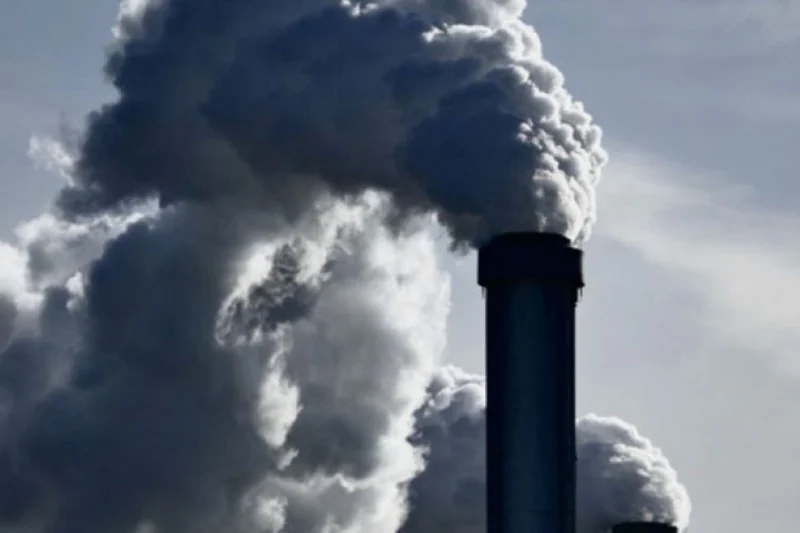Morocco and Switzerland have signed an agreement on environment protection on the sidelines of the COP-27 climate summit currently held in Sharm El Sheikh, Egypt.
The agreement was inked Monday by Swiss President Ignazio Cassis and Moroccan minister of energy transition and sustainable development Leila Benali.
Under this agreement, Switzerland pledges to reduce its CO2 emissions through projects in Morocco, using innovative and green solutions.
Last year, Morocco submitted its revised Nationally Determined Contribution (NDC) to the UNFCCC secretariat, raising its NDC ambition to a 45.5 pc GHG emissions reduction by 2030. Of this target, 18.3 pc is unconditional, and the remaining 27.2 pc are conditional to international assistance.
The NDC includes mitigation targets for two new large industrial subsectors: cement and phosphates. Key strategic and operational tools support Morocco’s NDC implementation, including the National Climate Plan, the Sustainable Development Plan, and the National Climate Change and Biodiversity Commission.
Morocco added more innovative solutions and details on financing, which lay out a clear path towards more ambitious climate target implementation.
The revised NDC includes key sectoral strategies and targets for all seven sectors covered for mitigation (energy production, waste, industry, forestry and land use, agriculture, transportation, residential).
According to the latest World Bank “Country Climate & Development Report”, climate change poses a serious threat to Morocco’s economic growth but with the right investments and policies in place, a more sustainable future is possible.
The document identifies three priority areas: tackling water scarcity and droughts; enhancing resilience to floods; and decarbonizing the economy.
The WB estimates that the total investment needed to put Morocco firmly on a resilient and low carbon pathway by the 2050s would be around $78 billion. These investments could be gradual and with the appropriate policies in place, the private sector could shoulder much of the cost.



